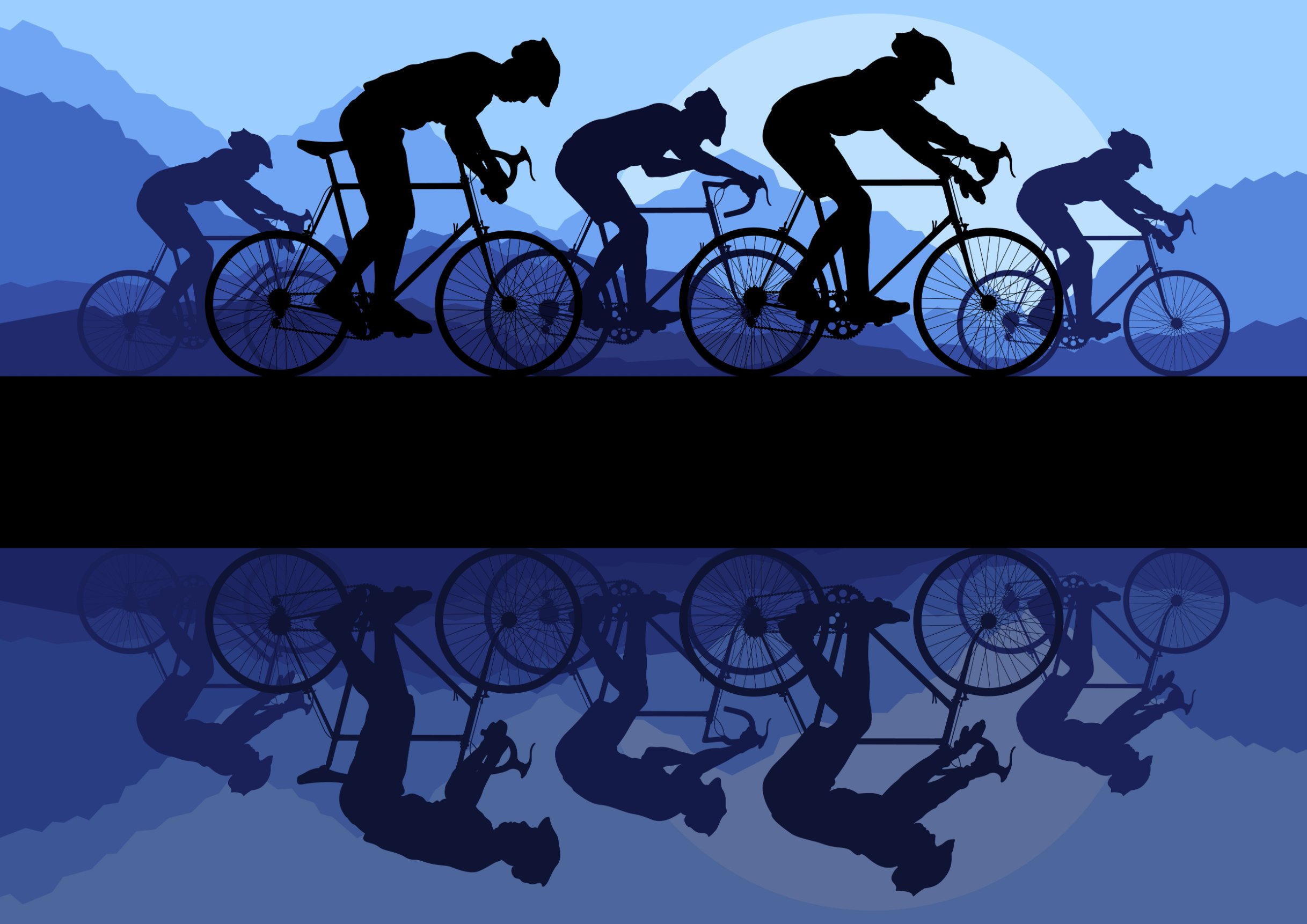 As the sun rises on the first day of July, one of the most amazing athletic competitions in the world is set to begin. Since 1903, the Tour de France has been the pinnacle of professional bicycle races, and arguably the most grueling of all sporting competitions.
As the sun rises on the first day of July, one of the most amazing athletic competitions in the world is set to begin. Since 1903, the Tour de France has been the pinnacle of professional bicycle races, and arguably the most grueling of all sporting competitions.
Contested over 23 days, this race has 21 stages, each averaging more than 100 miles. That’s right. Only two rest days. These superathletes from all over the world navigate diverse road conditions, rain, wind, heat, and legendary mountain ranges – five total, including no less than the Alps and Pyrenees – that God surely created for us to ski down, not pedal up.
As the sun rises on the marketplace, millions of small business owners are set to mount one of the most grueling competitions in the business world – merely by opening up. Against all odds, they start, run, and grow their operations in rude conditions few Corporate America CEOs ever face. But unlike the Tour de France, the Tour de Main Street lasts 365 days, not 23. And sometimes, no rest days.
Combining admiration for both of these types of superhumans, we can identify four common elements required to compete successfully in both tours.
1. Teamwork
Tour de France participants are part of a couple of dozen sponsored teams of about 25 members, each rider with his own individual role to play. Some members are supportive non-riders and some are riders whose primary role is to protect and push their leader to the front. But all work together to meet team performance goals, including getting their leader on the podium at the end of the day and the end of the race. Sound familiar?
Since every day in a small business can be the marketplace equivalent of a mountain stage – grueling assaults on impossible peaks followed by dangerous descents – success requires the leadership skills to motivate the team to work together and stay focused on its goals. And smart Tour de Main Street leaders know that sustaining successful teamwork requires sharing the recognition along the way, so the team doesn’t care who winds up on the podium.
A wise person once said, “There is no ‘I’ in team.”
2. Communication
Competing in the Tour de France is like running 21 marathons in 23 days while simultaneously playing a 3D chess match. Effective communication between team members is critical so each can deliver their unique contribution to the overall strategy at the appropriate time.
Tour de Main Street goals and strategies must be communicated to the team in ways that inform, coordinate, motivate, foster engagement, and result in success. Because out here on the marketplace course, customers and competition combine to create the 3D degree of difficulty.
Blasingame’s 1st Law of Communication: “Failure to communicate results in failure.”
3. Preparation
All you have to do is watch a Tour de France “above category” mountain stage to see the fruit of successful preparation. These guys have turned their bodies into human spring steel as they become one with their bikes to conquer the course and the competition.
The Main Street equivalent is a commitment to invest in getting your team prepared to race successfully. That means budgeting the resources and time for education, training, and practice. The most prepared team goes over the mountain ahead of competing teams to customers waiting at the finish line.
Here’s Blasingame’s 1st Law of Preparation: “Preparation is a powerful intangible created by things that are very tangible.”
4. Technology
Tour de France teams leverage technology at every point of the competition, including high-tech bikes, customized chase vehicles, on-course communication tools, etc. But they have to guard against digital technology getting in the way of the ultimate activity: rotating one of humanity’s oldest analog inventions: the wheel. Beyond binary, the goal is still to pedal to the finish line.
In the 21st-century Tour de Main Street, technology must be applied at every level of the operation. And the good news is the barrier to entry has never been lower to extremely powerful digital tools in incremental portions small businesses can use, and at prices they can afford. But just like in that other race, small businesses have to guard against letting digital efficiencies blur the relevance between them and their analog goal that’s as old as the marketplace: customers.
Blasingame’s 1st Law of Technology: “Never put technology between you and customers unless there’s something in it for them.”
On the Tour de Main Street, if you don’t develop a high-functioning team, communicate well, achieve a high level of preparation, and employ customer-focused technology, you will become irrelevant.
Or, as they say on that other Tour, you’ll be dropped, “…off the back.”
Write this on a rock … Small businesses and Tour de France teams can learn a lot from each other.
